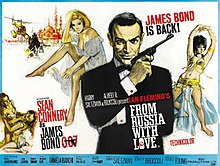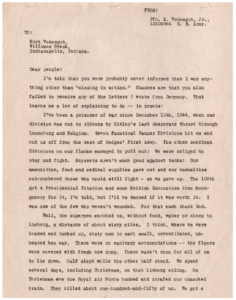A New Business Pops Up in Nicaragua
On the trip from the airport in Managua to our house at Rancho Santana, Nestor updated K and me on the local news. The election went off without a hitch, he told us, smiling. Government employees were told to photograph themselves voting for the president. Not that it would have made any difference. The candidates that were going to run against him were put in jail or under house arrest. It is a one-party government now. But there are no demonstrations. The universities are open for business. The streets are open. Business is recovering, although it’s still a fraction of what it was several years ago before the crackdown.
But there is one area of business that is doing very well, he told us. That’s the business of transporting people from countries all over Latin America, the Caribbean, and even the Middle East from the airport to the Mexican-Honduran border, where they sign up with the cartels to be smuggled into the US. “They are coming in by the busloads,” he said. “Every day. They pay $200 to get to the border and then pay the cartels thousands to take them up to the Rio Grande.”
“Why are so many flying into Nicaragua now?” K asked.
“Word has gotten out,” Nestor said. “It’s an easy trip into Nicaragua and from there up through Honduras and to the border.”
“So, how many are coming?” I asked. “And from where?”
“It’s crazy,” he said. “It used to be mostly Central Americans. Now it’s every country from South America. Plus Haiti and Jamaica and other Caribbean islands. There are even people flying in from Europe and the Middle East.”
It’s estimated that about 2.5 million people crossed into the US illegally last year. About two million of them, after reaching US territory, turned themselves in, claiming political asylum. They were booked in by the US immigration service, and then given a court date to adjudicate their claim. Soon after that, they are sent in planes and buses to various undisclosed US locations. (Just in case you are wondering: About 99% of that transportation is done and paid for by the federal government by order of the Biden administration. The totality of all the immigrants that were sent to Martha’s Vineyard and NYC and DC account for less than 1% of the total.)
 MarkFord
MarkFord



